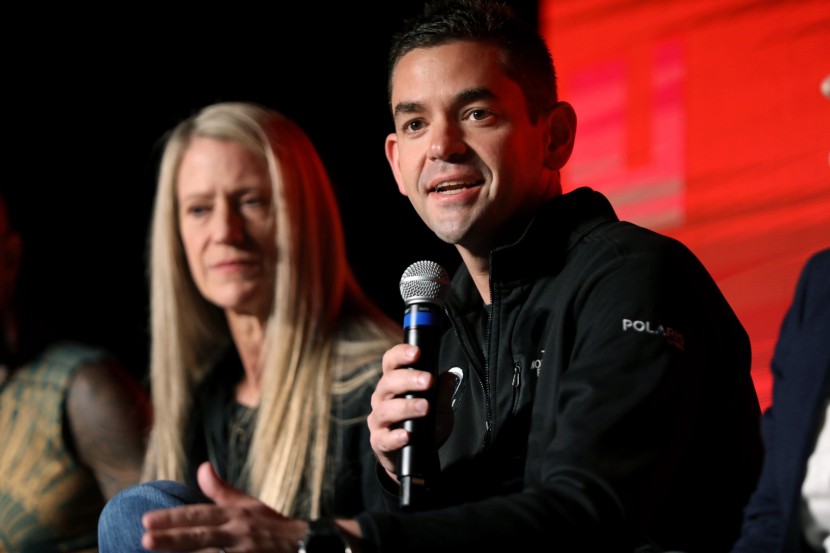
Tech billionaire Jared Isaacman, who has participated in multiple SpaceX missions and conducted the first private spacewalk, was nominated by President-elect Donald Trump on Wednesday to serve as NASA administrator.
Isaacman, 41, is the CEO and founder of a payment-processing company and has been a key collaborator with Elon Musk, beginning with his first chartered SpaceX flight in 2021, which included contest winners as crew members. In September, he participated in another mission where he tested SpaceX's new spacewalking suits during a brief excursion outside the spacecraft.
If confirmed, Isaacman will succeed Bill Nelson, 82, a former Democratic senator from Florida and the current NASA chief under President Joe Biden. Nelson, who flew aboard the space shuttle Columbia in 1986 just before the Challenger disaster, has been leading the agency since 2021.
"Having been fortunate to see our amazing planet from space, I am passionate about America leading the most incredible adventure in human history," he said via X.
During Bill Nelson's tenure, NASA accelerated its efforts to return astronauts to the moon through the Artemis program, a next-generation initiative named after Apollo's mythological twin sister. Artemis aims to send four astronauts on a mission around the moon as early as next year, paving the way for the first lunar landing in over 50 years.
NASA is relying heavily on SpaceX for its lunar ambitions, tasking the company's Starship mega rocket—currently undergoing test flights in Texas—with landing astronauts on the moon. SpaceX already serves as NASA's workhorse, ferrying astronauts and cargo to and from the International Space Station (ISS).
Boeing, meanwhile, faced setbacks with its Starliner capsule, which carried its first crew for NASA in June. A series of technical issues left the two test pilots stranded at the ISS for more than eight months—far beyond their planned eight-day mission. They are now scheduled to return to Earth aboard a SpaceX spacecraft in February.
NASA is also pressing forward with robotic exploration of the solar system. A spacecraft is currently on its way to Europa, Jupiter's icy moon believed to harbor an ocean beneath its surface, while the Mars rover Perseverance continues collecting rock and soil samples for future analysis.
However, budget constraints have prompted NASA to rethink its strategy for returning these Martian samples to Earth. The original plan, projected to cost $11 billion, would not deliver the samples until 2040. To accelerate the timeline and reduce costs, NASA is now exploring innovative solutions from private industry and international partners, mirroring its approach to human spaceflight.
© 2025 HNGN, All rights reserved. Do not reproduce without permission.








